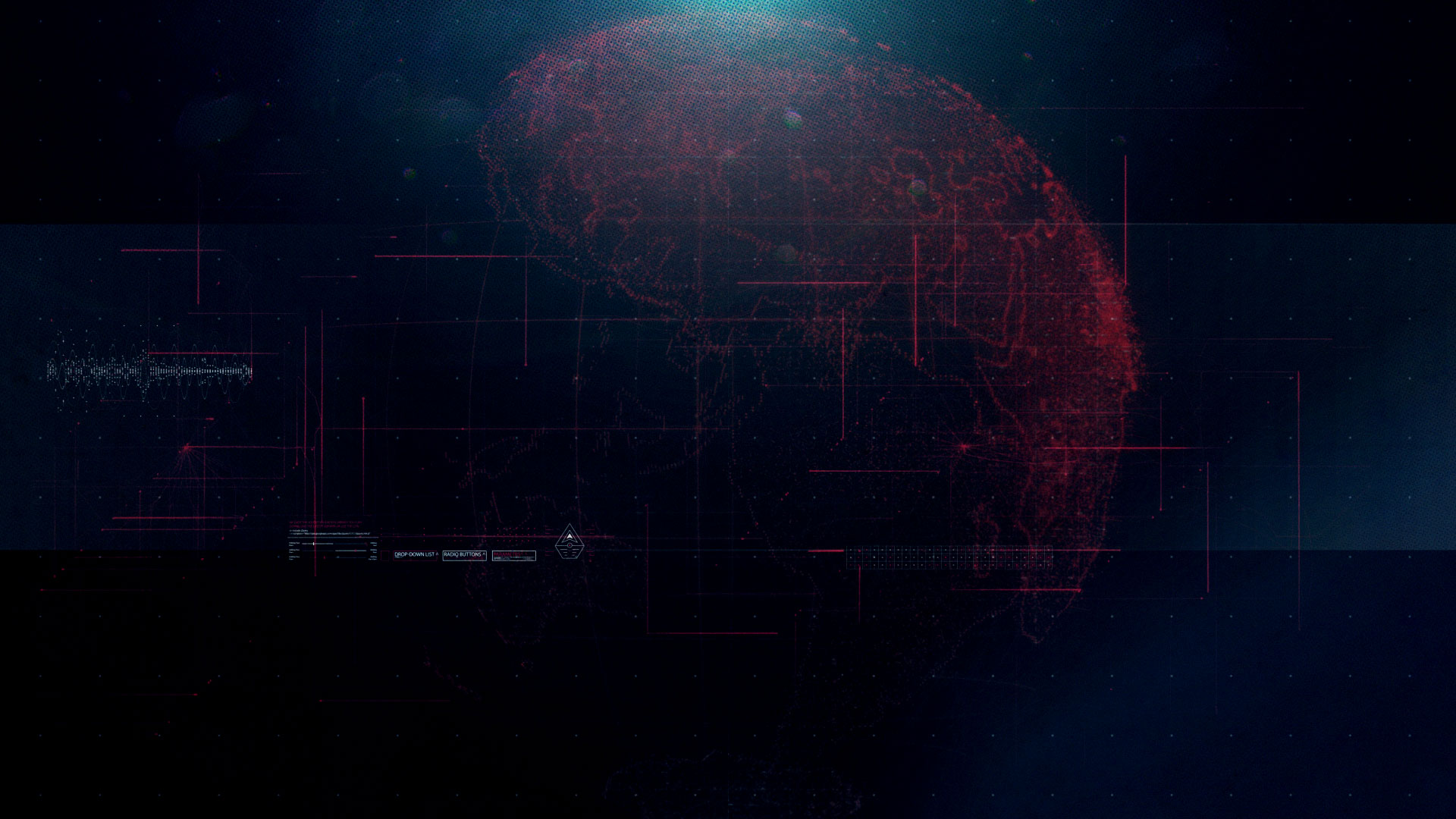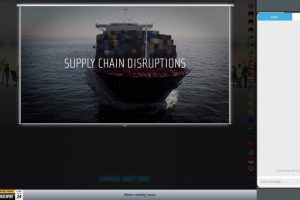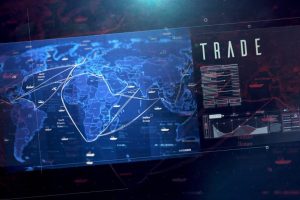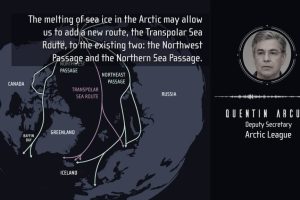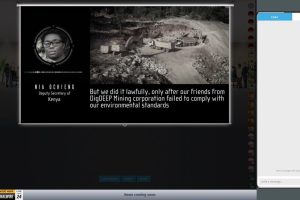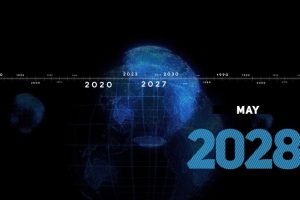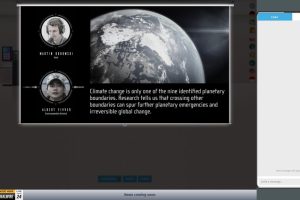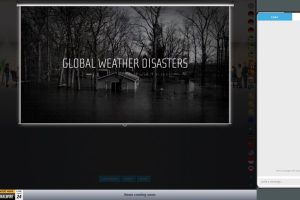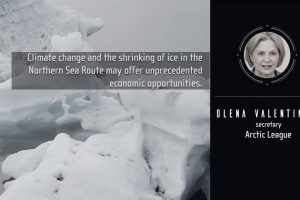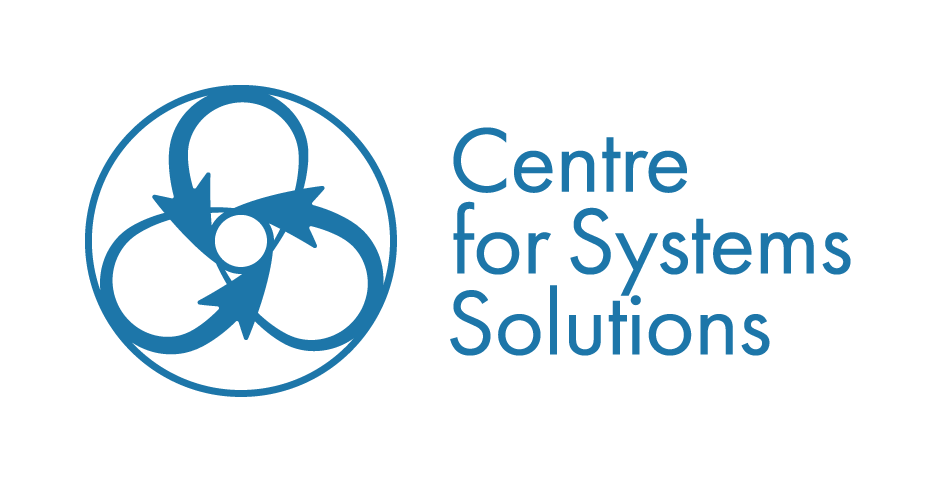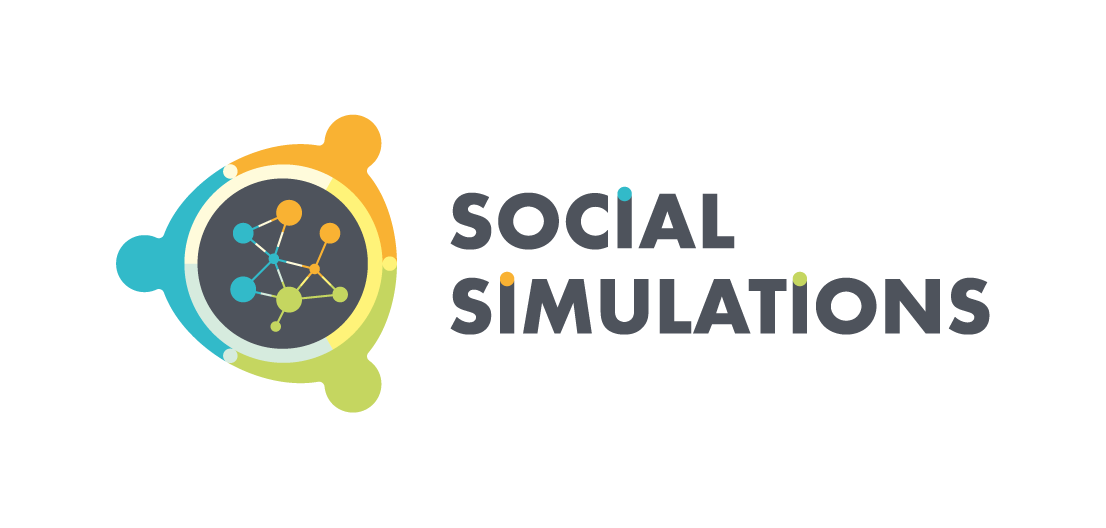INNOVATIVE COMMUNICATION
We are living in a world of unprecedented global challenges, and each and every one of us has stakes in the future. Behind the most recent crisis – the COVID-19 pandemic – other, more perilous emergencies loom on the horizon: climate crisis, biodiversity collapse, critical minerals shortages, breadbasket failures, trade routes disruption, unknown diseases, growing inequalities, conflicts… Despite anticipating them, we, as stakeholders of the Earth, are unable to craft a consistent, united response.
There are several reasons for this. First, the challenges of a sustainability transition are intricately complex, even our best attempts often fail or lead to unintended consequences. As a result, despite development of increasingly accurate models, there remains an inherent uncertainty in future scenarios, especially when applied long-term. To make matters worse, individual judgements are warped by different interpretations of reality, personal values, and worldviews – leading to a widespread ambiguity over the appropriate diagnoses and solutions. Consequently, we not only fail to see the big picture and the interconnections between its elements but also are unable to initiate the necessary collaboration between different fractions of polarized society.
We need to find a new approach to navigate complexity, and to communicate climate emergency effectively in spite of existing ambiguities. This new approach needs to bring together scientists, policy makers, and society and go beyond current practice relying mostly on one-way transmission from experts.
POLICY SIMULATIONS TO BRIDGE SCIENCE AND POLICY
Policy simulations aim to bridge the gap between science and science users, and to create an environment for navigating complexity in a meaningful way.
They build on the experiential learning approach guiding participants through phases that are both active and experiential as well as reflexive and conceptual. They are well suited for addressing complexity-related challenges, because they integrate both problem-oriented (technical, physical, economic) and people-oriented (relational, social, psychological, ethical) complexities. Complex problems are recreated in a simplified way through participants’ interactions and decisions that trigger responses generated by the underlying simulation model. Participants adopt roles and interact with people of different backgrounds and values. They learn not only how to set collective goals and collaborate to achieve them, but also how to empathize with others, see their perspectives, and negotiate consensus
The Cascading Climate Impacts Policy Simulation is an online, narrative-oriented experience that brings the participants to the near future.
The simulation is arranged, within a virtual conference centre, as a series of collective decisions preceded by several meetings and discussions. Participants assume the roles of representatives of various countries and organizations responsible for global safety and well-being. In these roles, they explore several interactive storylines offering diverse perspectives.
They are confronted with a scenario of dramatic events caused by and connected to the climate crisis. The participants are invited to work together to decide on policy propositions for counteracting the emerging crises. The immersive character of their experience stimulates imagination, invokes emotions, encourages learning and knowledge sharing, and motivates action.
Compared to written or oral forms of communication (such as articles or presentations), policy simulations combine challenge, immersion, emotions, and learning-by-doing in a safe environment.
The simulation is intended to bring a broad group of participants from policy makers to researchers, to students.
Available in the following formats:
individual exploratory sessions or moderated group simulation session.
CONTACT

